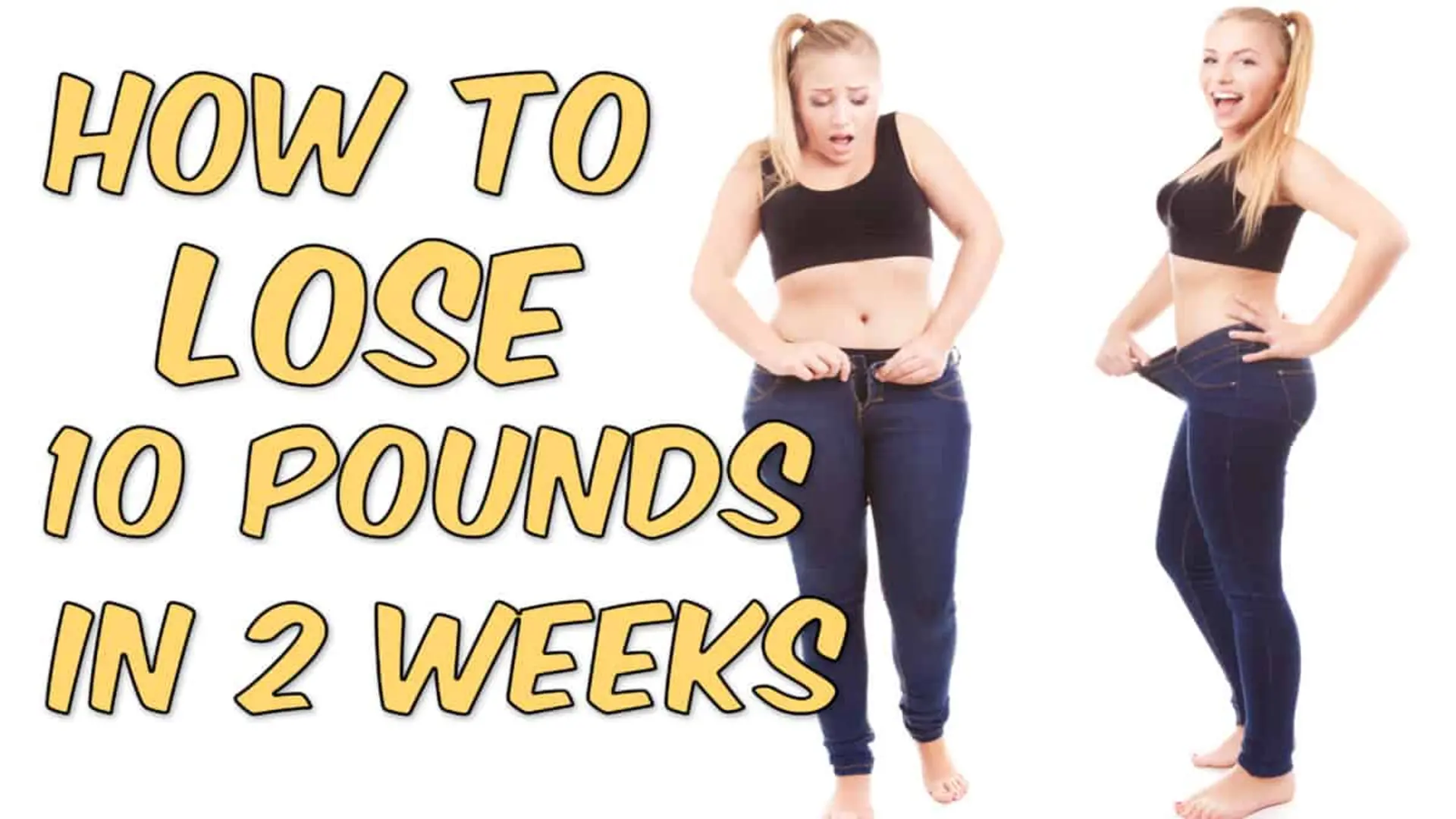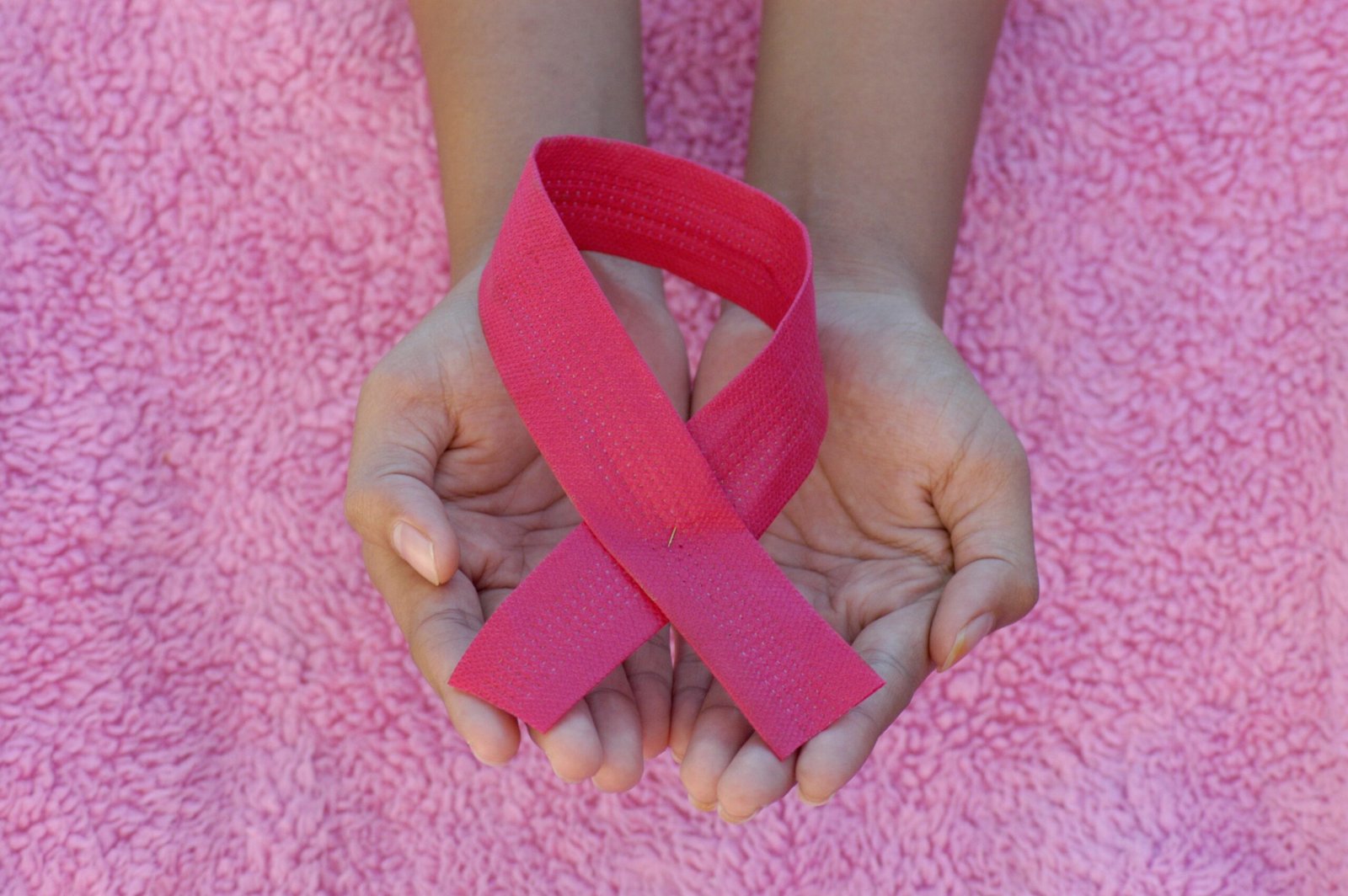It may seem impossible to lose 10 pounds in just two weeks, but it is possible with the right planning and commitment. Diet and exercise are key to a sustainable weight loss.
Walking can help people create a calorie deficit and thus achieve weight loss. We consulted our panel of experts in order to understand their best tips for losing the pounds.
Eat More Vegetables
If you’re struggling to fit into skinny jeans or weight loss is something you want, revamping your diet could be key. Don’t make drastic changes; rather make small steps that you can sustain long term, like adding more vegetables. While eating them may seem difficult at first, finding ways to enjoy vegetables is possible; just find ways to overcome your dislike for them!
Vegetables are rich in nutrient dense foods like vitamins, minerals and other compounds that support health and prevent disease, making incorporating more into your diet crucial. Vegetarians in particular may find it challenging to get enough vegetables; here’s some help on eating more veggies even when you dislike them! Here is our list of 10 simple tips that may help!
1) Include Vegetables In Every Meal – Begin by including one vegetable at every meal, even if that means simply adding red pepper to an omelet, side salad for lunch or steamed vegetables for dinner. By gradually increasing vegetable consumption this way, your body will gradually adapt and become used to eating them naturally.
More: People’s Choice Awards | Golden Gate Bridge Memorial Day | Golden Gate Bridge toll | Golden Gate Bridge Tours | Live Cam Golden Gate Bridge
2) Swap Out Processed Food For Veggies – When craving processed food such as chips or candy, reach instead for some vegetables instead. Not only will this satisfy your hunger more nutritiously than snacking on chips would, but it will also add something delicious!
3. Explore New Vegetables – Exploring new vegetables can help you learn to enjoy them, from adding one to your meals or trying them variously such as grilling, baking, steaming or raw. 4. Integrate Vegetables into Your Self-Care Routine – Make self care fun by setting a goal to include eating more veggies into daily life such as keeping a bowl in the refrigerator ready or eating on your commute home from work.
Eat Less Carbohydrates
Carbs (such as sugars and starches) are essential components of a balanced diet, providing energy while helping regulate blood sugar and insulin metabolism, cholesterol metabolism and triglyceride metabolism. When consumed excessively though, carbohydrates can add excess calories to our diets leading to weight gain; by cutting carbs out altogether it could help people lose weight as well as improve health.
Carbs can be found in a variety of foods, such as whole grains, fruits, vegetables and legumes. One way to reduce carb intake in one’s diet is to decrease processed food consumption. Another strategy for doing so is reading food labels in order to identify how many carbohydrates there are in each meal or snack and subtract fiber content from total amount to get net amount – this allows individuals to compare what they eat against dietary recommendations more accurately.
Reducing carbohydrates in one’s diet requires cutting back on bread, pasta, rice, bagels and chips while replacing them with lower-carb alternatives like salads with low-carb dressing or spaghetti squash instead of pasta. Furthermore, they should increase water consumption to help flush out their system and prevent dehydration.
Another effective strategy for cutting carbs is by increasing protein consumption – such as meat, fatty fish and nuts. Eating more lean proteins will build muscle while revving up metabolism for weight loss and curb hunger and cravings. A high-protein diet also tends to increase satiety levels to curb hunger and cravings.
At its core, losing 10 pounds requires creating a calorie deficit with decreased caloric intake and increased physical activity. Achieve this by cutting back on unhealthy foods, drinking more water and getting ample restful sleep; in addition, exercise regularly using both cardio and strength training exercises for maximum effect.
To meet weight loss goals more successfully, consulting with a registered dietitian may prove to be invaluable. A dietitian can create an individualized meal plan tailored specifically to an individual’s needs and goals; provide information on safe weight loss strategies; as well as recommend an incrementally sustainable weight loss.
Eat Less Meat
Eating less meat is one of the easiest and most sustainable ways to lose weight. By limiting your consumption of artery-clogging saturated fats and reducing risk factors for heart disease and high blood pressure, as well as helping protect against certain cancers, eating less meat will lower artery-clogging saturated fat intake while simultaneously saving money by cutting costs with vegetables, beans and whole grains being cheaper options than meat (plus better for animal welfare!). When you do consume meat however it is key that quality over quantity be prioritized: aim for lean cuts with portion sizes of three ounces (the size of a deck of cards).
Healthier populations around the world eat less meat and yet still experience low rates of chronic illnesses like cardiovascular disease and high blood pressure. Meat and poultry contain lots of cholesterol-raising saturated fat, so cutting back will help lower cholesterol levels and enhance cardiovascular wellness.
Though it might not seem so, eating less meat offers many advantages – even if you’re not quite ready to transition completely to veganism or vegetarianism. One such benefit is saving money and supporting local farmers when purchasing meat that has been raised more humanely in natural environments rather than factory farms where animals are confined into tiny spaces. By purchasing such meat you will also help decrease demand for products requiring intensive animal farming and early slaughter.
If you’re struggling to cut back on meat consumption, registered dietitian Bansari Acharya recommends beginning by eliminating all meat from one day per week and gradually increasing that number while gradually switching up your menu by including foods like quinoa, beans, lentils and tofu as a healthier replacement.
Don’t worry; eating less meat and dairy won’t leave you starving or lacking protein; whole grains, legumes, and vegetables provide plenty of it; for those needing an extra boost there are delicious and healthy protein supplements on the market – just make sure they don’t contain processed sugars which could thwart your weight loss goals.
Drink More Water
Staying hydrated is essential to successful weight loss, and drinking lots of water is the perfect way to do that. Hydration will not only fill up your stomach but will also alter satiety signals and prevent fluid retention – not to mention cutting back on caloric beverages like soda or juice that contain excess calories from your diet!
The amount of water recommended each day depends on your size, activity level and other factors; however, in general consuming at least eight glasses each day will ensure healthy hydration. Set reminders on your phone or write yourself notes around the home/office/car to help make sure you reach your daily water goal.
Increase your water intake effortlessly by eating more hydratation-boosting foods such as cucumber, cantaloupe, watermelons and zucchini – they’re packed full of hydration that requires little preparation while offering lots of flavor! Soups, dairy products like yogurt and cottage cheese may also be excellent choices; experiment to discover your preferred flavors and combinations!
See More: Hotels in Alaska | Hotels in Alabama | People’s Choice Awards | Hotel Near Golden Gate Bridge | Parking Lot Near Bridge
Add flavor without added calories by infusing your water with fresh lemon, lime or orange slices for an easy and nutritious way to add zest. Herbs such as mint, parsley and ginger also work wonders! Purchasing an eye-catching water bottle serves as a visual reminder that it’s time to stay hydrated – those featuring clear labels with numbers or phrases printed directly on them make great accountability tools!
Establishing the habit of drinking water daily and making it part of your routine will enable you to lose 10 pounds safely and sustainably. Doing so will also encourage other healthy habits like decreasing sodium consumption, working hard in training sessions and eating fewer processed foods.






